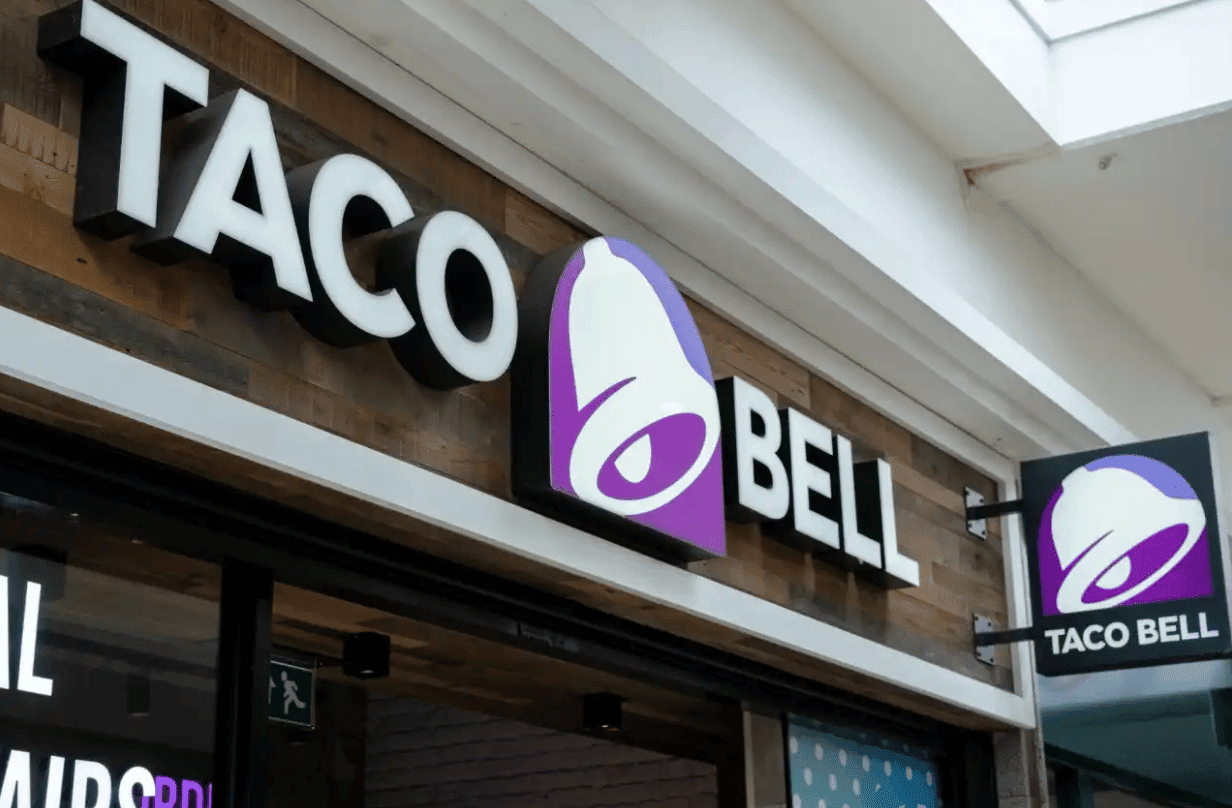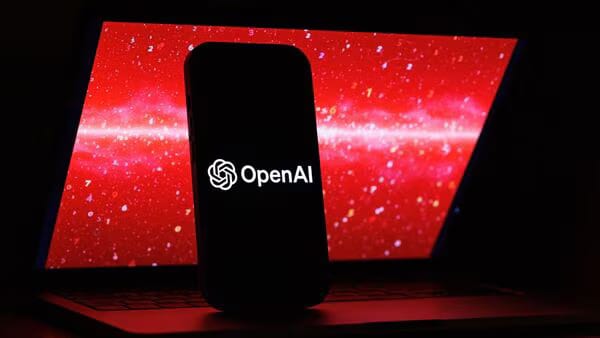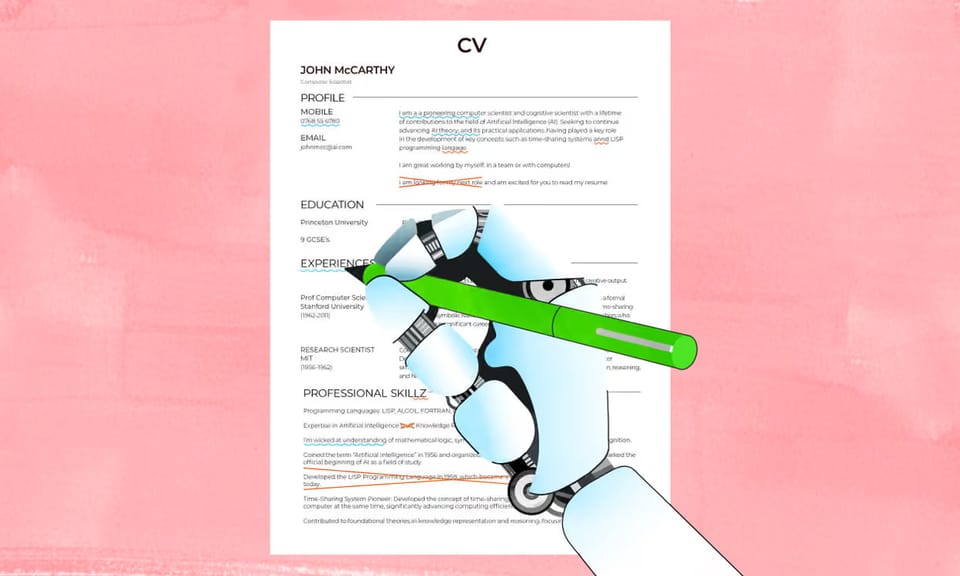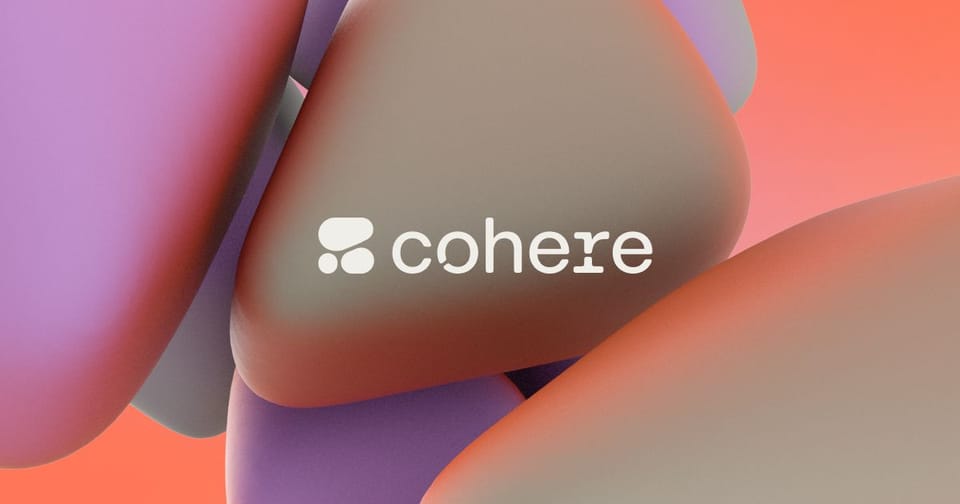Fewer Humans, AI Tacos?


Someone handed the robots a blank check, and they're spending big.
Nvidia's betting billions on American-made AI chips (because robots deserve patriotic hardware too).
Hollywood stars are rallying against AI copyright villains, and Taco Bell’s new AI promises fewer drive-thru heartbreaks.
Oh, and your favorite playlist might now come bottled as a perfume; welcome to the future, it smells catchy.
Let's dive in!
Business & Finance
Nvidia Bets Big on U.S.-Made AI Chips

Briefing: Nvidia just announced a multi-billion dollar plan to produce advanced AI chips in the U.S., shifting away from Asian suppliers amid rising trade tensions.
Details: CEO Jensen Huang unveiled Nvidia’s newest AI chip, Vera Rubin, promising massive U.S.-based investments to power future AI needs. This strategic shift aims to secure supply chains, responding to growing geopolitical pressures.
Why it Matters: This move highlights AI’s rapid ascent to becoming central in business and finance, affecting everyone from CEOs to newcomers. Expect ripple effects in jobs, tech policies, and perhaps your own career. So yes, it's probably time to stop ignoring those AI webinars. (FT)
Tech
Nvidia Shocks and Awes with AI Breakthroughs, But Investors Yawn

Briefing: Nvidia CEO Jensen Huang revealed groundbreaking AI tech, including the powerful Blackwell Ultra GPU and futuristic Vera Rubin AI superchip. Yet, despite impressive upgrades, Nvidia's stock oddly dipped during the announcement.
Details: The Blackwell Ultra GPU boosts AI speeds, ideal for heavy data tasks, while the Vera Rubin platform promises next-gen AI processing. Nvidia also revealed "Blue," a clever AI robot co-built with Disney and Google DeepMind, charming attendees with its humor.
Why it Matters: This announcement shows Nvidia is still leading AI innovation, impacting everything from healthcare to entertainment. Ironically, investors weren't impressed, stocks dropped 3%, signaling caution amid the AI excitement. Maybe Wall Street expected robots to do backflips? (Business Insider)
Entertainment
Celebrities Demand Copyright Protection

Briefing: More than 400 Hollywood stars, including Paul McCartney and Ben Stiller, wrote to President Trump urging him to protect artists from AI companies like OpenAI and Google, accusing them of exploiting copyrighted works without proper licensing.
Details: The celebrities argue that AI firms want free access to training their models using movies, music, and scripts, which could threaten jobs in America’s $230 billion entertainment industry. Hollywood, known for drama, isn't thrilled about AI stealing its spotlight.
Why it Matters: This battle between creativity and AI sets a critical precedent on intellectual property rights in the digital age. It affects everyone, from CEOs to curious AI beginners as it will shape how creative works are protected. Turns out robots might have to wait before grabbing that Oscar. (The Verge)
Beauty
Can AI Turn Your Favorite Song into Perfume? Apparently, Yes.

Briefing: A New York startup, Liquid Sound, shocked everyone by launching AI that turns audio into personalized perfumes.
Details: Users submit sounds, a favorite tune or even their dog's bark and AI translates these into unique fragrances. It's beauty meets tech, creating scents connected directly to meaningful moments.
Why it Matters: This quirky invention highlights AI's growing power in beauty, turning personal memories into tangible products. Plus, who knew your playlist had a scent? (Ulan Software)
Fashion
Thrifting Cool Again; Thanks, Tariffs!

Briefing: AI is driving a boom in secondhand fashion, accelerated by recent U.S. tariffs hiking clothing prices. Smart tech now makes thrifting easy and trendy, pushing resale clothing sales up 11% this year.
Details: A report from GlobalData shows that 58% of people bought secondhand clothes last year, especially young shoppers who love saving money (and the planet). AI tools from platforms like ThredUp and Vinted help users quickly find great outfits, boosting resale popularity. Forget fast fashion; pre-loved clothes are officially the cool kids now.
Why it Matters: This AI-driven trend is reshaping shopping habits, offering consumers wallet-friendly, eco-friendly options. It’s good news for shoppers annoyed by tariff-driven price hikes—and even better news for the environment. Who knew that your grandma’s cardigan could become your coolest outfit yet? (The Guardian)
Health
AI Gets Its Own Prescription in U.S. Healthcare

Briefing: The U.S. Department of Health just dropped a major AI strategy, pushing artificial intelligence deeper into healthcare. The goal? Smarter hospitals, ethical AI, and better patient care. Sounds great, but let's hope robots don't ask for health insurance now.
Details: The plan aims to boost innovation and make AI trustworthy, from diagnosing illnesses to paperwork (because even AI can't escape bureaucracy). Yet doctors worry AI could mess with patient trust, turning bedside manner into screenside manner. It's impressive but also controversial.
Why it Matters: This move marks a turning point, promising faster, better healthcare but only if humans and AI play nicely. The debate highlights how important it is to balance tech and human touch. After all, no one wants Siri to decide their surgery, yet. (comrise.com)
Food & Beverage
Fewer Humans, More Tacos?

Briefing: Taco Bell is teaming up with Nvidia to bring AI-powered ordering to its drive-thrus, promising quicker service and fewer mistakes.
Details: Starting mid-2025, about 500 Yum! Brands locations including Taco Bell, Pizza Hut, and KFC will use Nvidia's AI voice technology to speed up orders and recommend faster-prepared menu items. The AI will even monitor drive-thru traffic, aiming to reduce those notorious late-night lines.
Why it Matters: This signals a major step forward as AI takes on more complex tasks in fast food, not just asking if you want fries with that. For customers, it means fewer incorrect orders and fewer late-night disappointments (yes, we mean that taco vs. burrito confusion). (The Sun)
Sports
AI Takes Over the Sports Desk, Literally

Briefing: Gannett, owner of USA Today, has announced it's hiring an AI Sports Editor, turning heads (and maybe some stomachs) in newsrooms nationwide.
Details: The AI editor will lead automated sports content creation and help journalists use AI to cut down on busy work. Gannett insists humans aren't getting benched, just freed up for deeper reporting at least, for now.
Why it Matters: This could be a game changer (pun absolutely intended), signaling AI’s expanding role in media. Whether you’re excited or alarmed, it's a wake-up call to rethink how humans and AI will share the field in the future. (crossingbroad.com)
Gaming
Actors vs. Algorithms?

Briefing: This week, Neil Newbon, known as Astarion from Baldur's Gate 3, warned about AI replacing authentic human performances. His statement comes after controversial AI-generated voiceovers surfaced, highlighting ethical concerns in gaming.
Details: Newbon insists genuine art requires human feeling, not just clever software. Recently, unauthorized AI-generated voices, including Aloy from the Horizon series, sparked heated debates among actors and game developers.
Why it Matters: Without clear rules, AI might soon dominate roles meant for real human creativity, raising critical issues around authenticity and ethics. Whether you're a CEO or just AI-curious, consider this your friendly reminder: technology mimics everything except a paycheck negotiation. (GamesRadar)
Travel & Transportation
Robotaxis at SFO? Waymo Says "Hold My Steering Wheel"

Briefing: Waymo just got the green light to test autonomous cars at San Francisco International Airport (SFO). This temporary trial could mean robotaxis whisking you off to catch your flight very soon.
Details: For 30 days, Waymo will map the roads near SFO, though humans will still be behind the wheel, for now. California's DMV also approved Waymo’s expansion into San Jose, signaling broader plans. No public rides yet, sorry. You'll have to keep tolerating human drivers for a bit longer.
Why it Matters: SFO embracing robotaxis highlights the rise of AI-driven travel, boosting convenience, innovation, and the local economy. The move positions San Francisco as a pioneer city, navigating the potholes toward a driverless future. Maybe your next Uber to the airport won't make awkward small talk, finally. (SF Chronicle)




